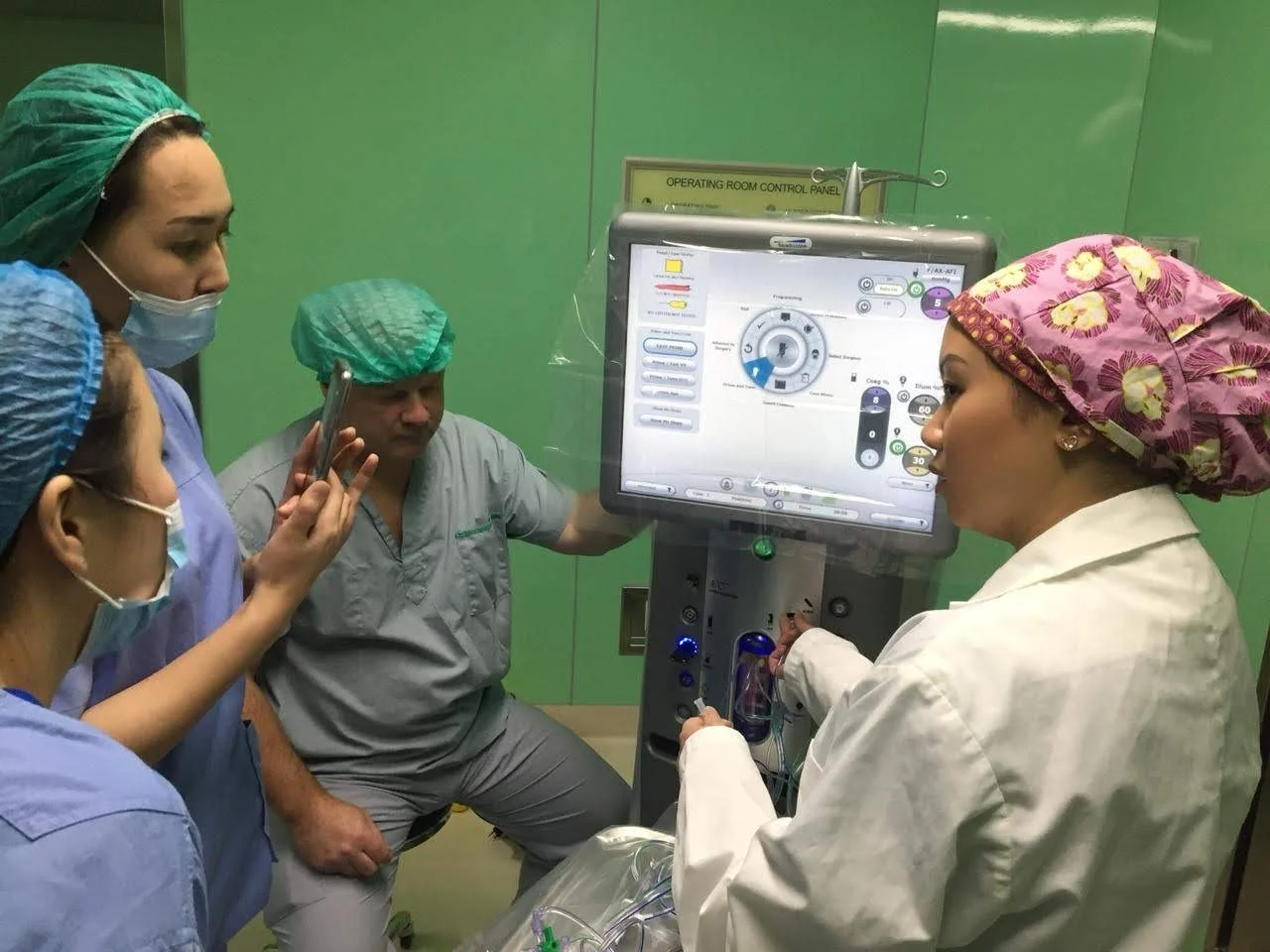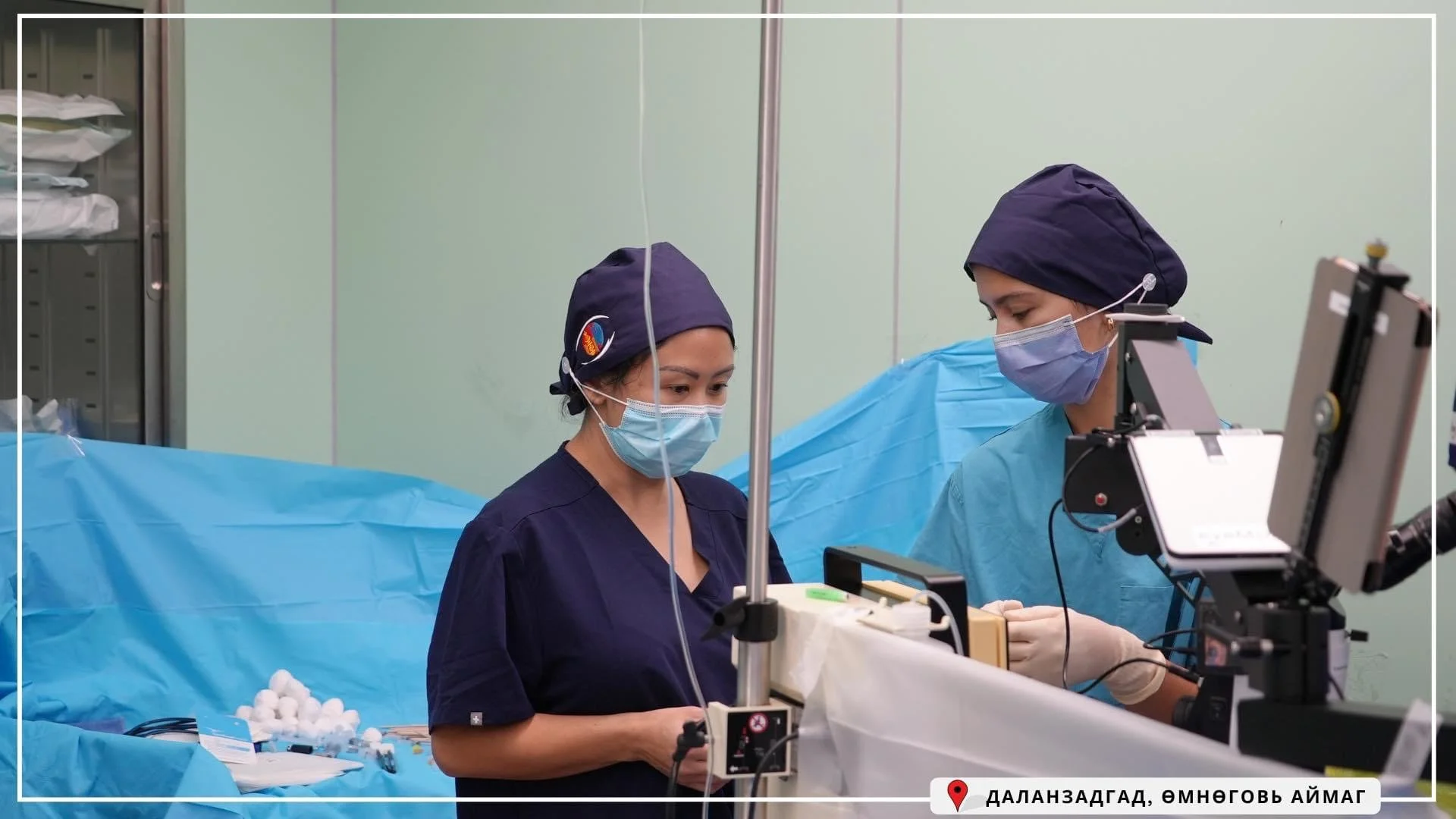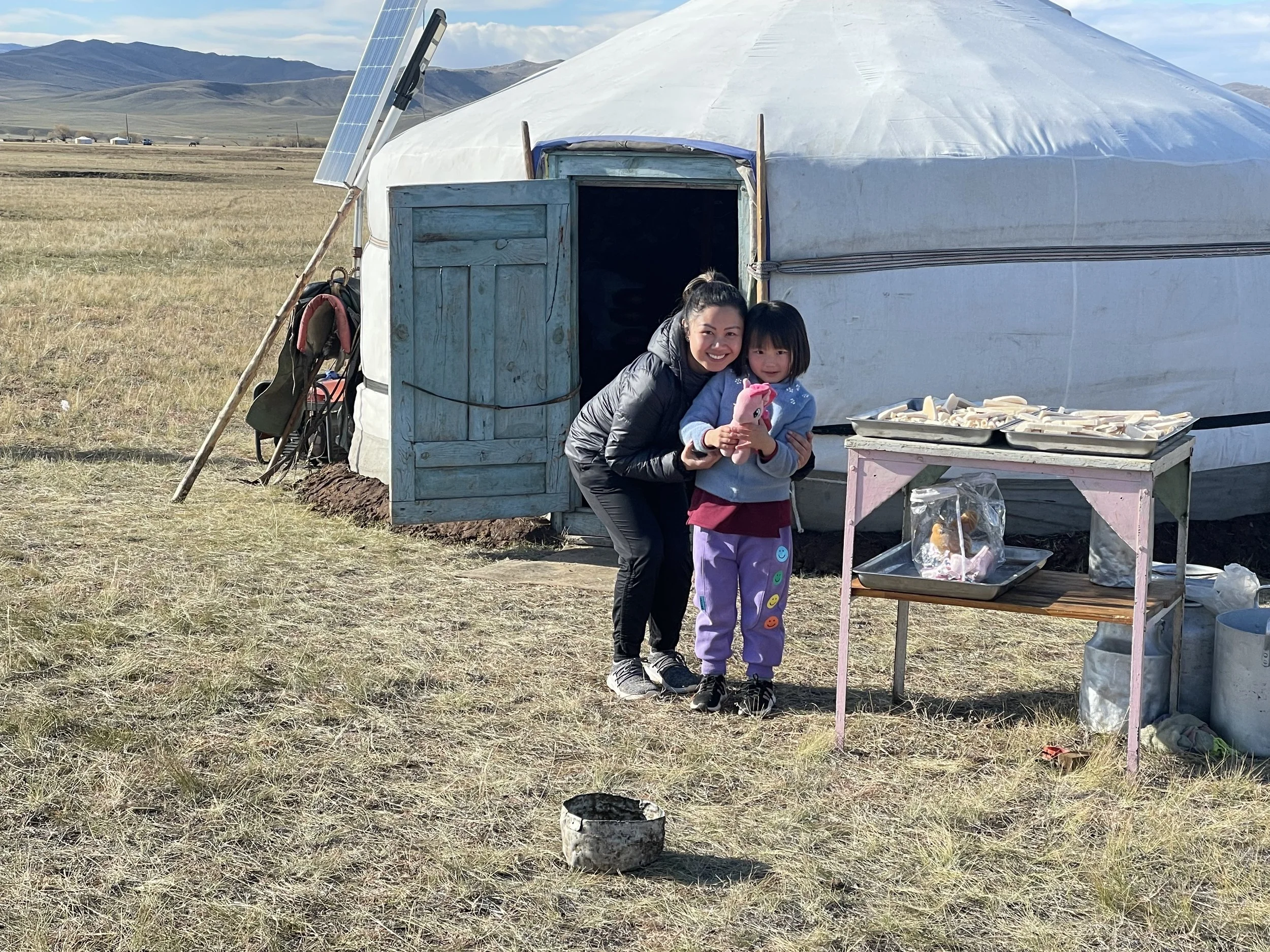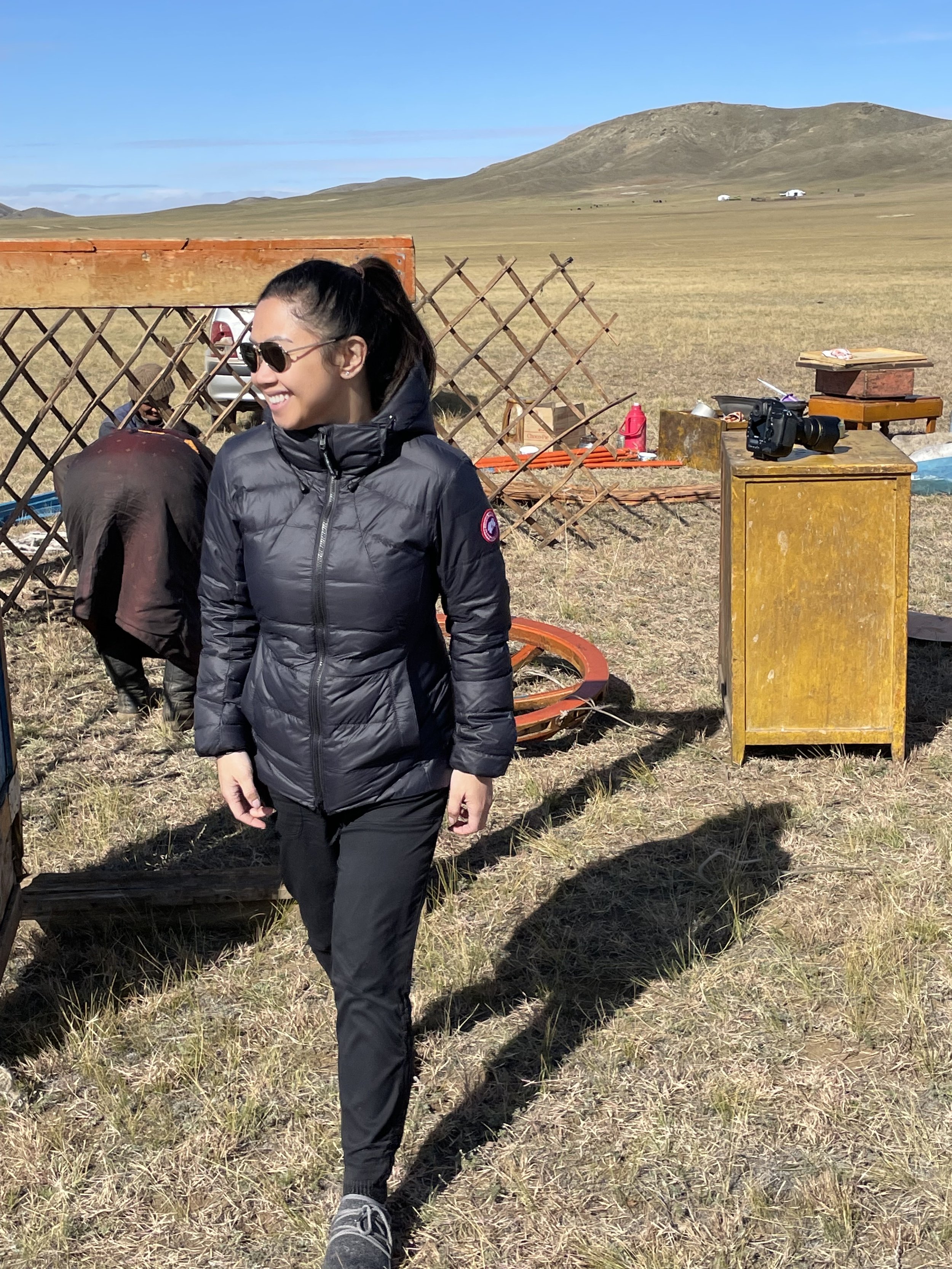The Rewards and Realities of Serving in Mongolia
Written by LSF Team Member - Christine Tuano
A medical mission in Mongolia is a journey of contrasts—moments of pure joy as a patient sees clearly for the first time in decades, and moments of dejection when we face challenges we can’t immediately solve. It’s long days in rural hospitals, braving cold winds and fatigue, balanced by the warmth of a grateful smile or a shared meal with new friends. These missions test our skills and our spirit, reminding us that true impact comes from embracing both the triumphs and the trials along the way.
Working in healthcare, and especially through my volunteer work with Laurel Surgical Foundation since 2017, I have witnessed moments of both incredible joy and deep hopelessness. During our recent medical mission to Bayankhongor Province, Mongolia, one story in particular has stayed with me; a reminder of the power of love, the resilience of family, and the limits of what medicine can achieve.
A Grandmother’s Unwavering Hope: Lessons from a Medical Mission in Mongolia
A grandmother walked into the clinic carrying a small child in her arms. The young boy, who I estimated to be around 3 years old, was quiet and cooperative during his eye exam. It didn't take long for me to notice he had a significant scar along the left side of his head. When asked what the grandmother's concerns were, the love, care and dedication she had for her grandson translated through her eyes as she answered in her native tongue.
As one of the Mongolian doctors began to translate the grandmother's words, my eyes shifted from her to her grandson. He was not 3 years old as I had thought. He was 6 years old. He was involved in a motor vehicle accident when he was 8 months old and suffered severe injuries to his head. As a result, his physical and mental development had been impaired. It was unclear the extent of his vision loss or if he was ever able to see after the accident. The grandmother was hoping that we would somehow be able to bring his vision back. Her hope was both endearing and heartbreaking.
When Hope Meets Reality
The injury had damaged his occipital lobe, the part of the brain responsible for processing vision. It was not his eyes, but his brain, that had been injured, and there was no surgical procedure or treatment that could bring his vision back. I didn’t need a translator to understand the moment she realized this. I witnessed as hope drained from the grandmother’s facial expression as her hands gripped her grandson a little tighter. My heart sunk to the floor as she stood up tall, thanked our doctors, and carried her grandson just as she lovingly did carrying him in. I could only imagine how long she held onto that unwavering hope that he may be able to see again.
Love Without Conditions
In Mongolia, it is common for parents to work in the capital city to support their families, leaving grandparents as the primary caregivers. This grandmother had likely been caring for her grandson for most of his life; feeding him, carrying him, and loving him. Though she did not receive the miraculous answer she had hoped for, she will continue providing him with the best life she could possibly give. Because that’s what grandmothers do; they show love unconditionally and care for their loved ones selflessly.
Leaving the clinic that day, I carried the weight of her story with me. In her quiet strength, I saw the heart of every caregiver who gives without expectation and loves without limits. These moments remind me that our work is not only about restoring sight. It’s about showing up, bearing witness, and standing beside those who face life’s hardest realities. We may not always have the cure, but we can always offer compassion, dignity, and our very best effort. And sometimes, that is the greatest gift we can give.
As a nurse on these missions, I have learned that we cannot help everyone, no matter how much we wish we could. But we can give our best to those we can help. That belief is what carries me through the difficult days; knowing that for every patient we cannot heal, there will be another whose life we can change forever. And that makes every mission, every long day, and every heartbreak worth it.





